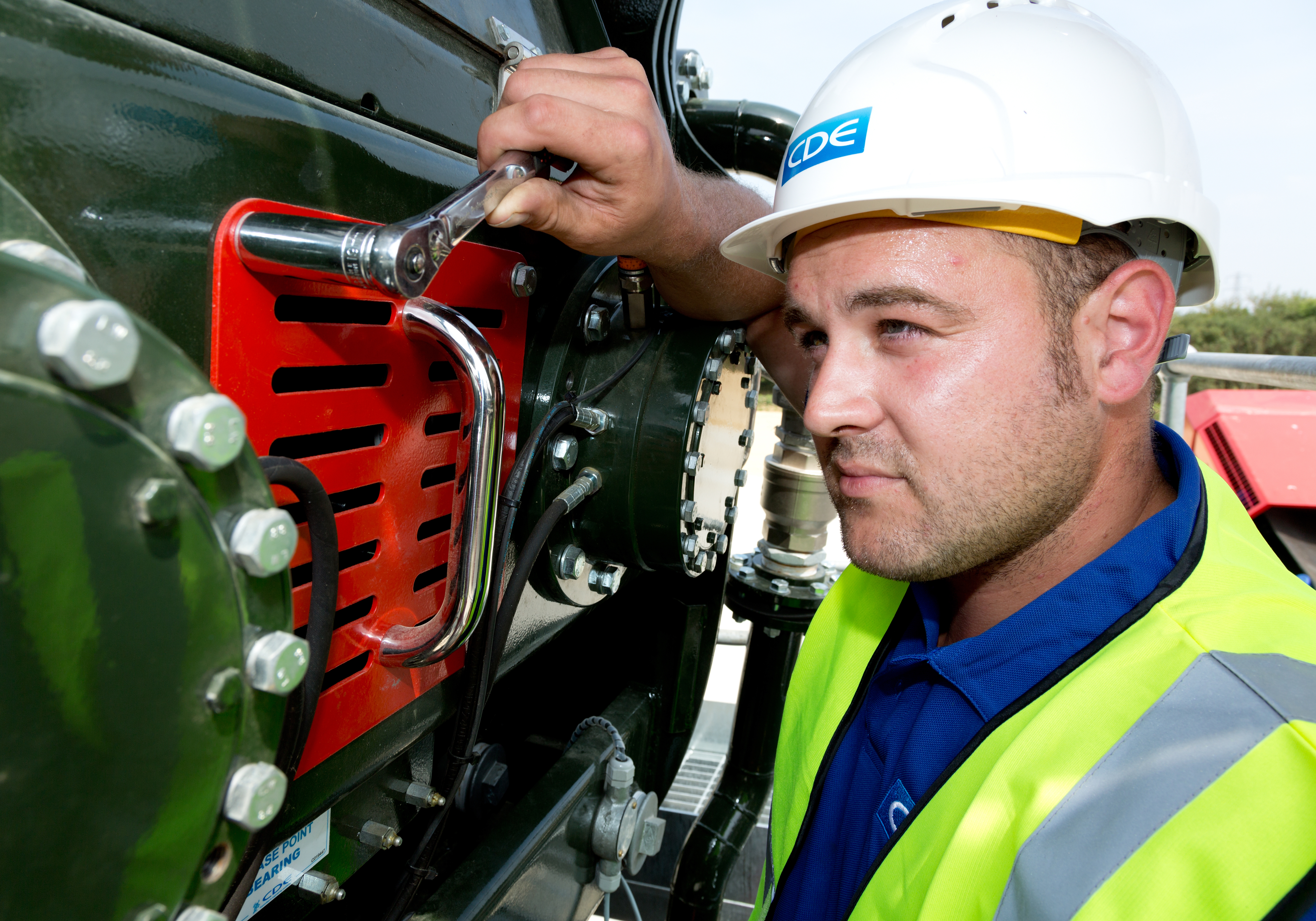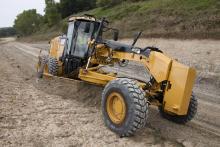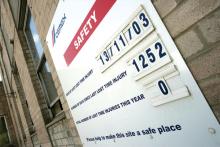
Quarries must be properly inspected and maintained to ensure the health and safety of all workers on site. Patrick Smith reports.
Maintenance activities at quarries range from the mainte¬nance of machines, equipment and vehicles to the keeping of roadways on site in good order, attending to such matters as providing edge protection and securing excavations, says the
Meanwhile, Ryan Barker, global service manager at
He has been evaluating the often-underestimated gains of maintaining a clean and tidy site over and above regular plant maintenance.
“While plants are process¬ing material, it’s easy for the operator in charge or even the site owner to assume that it will continue to do so without any type of care or attention given to the surrounding areas and the plant itself,” says Barker.
“This isn’t always the case however. As well as obviously being a major step towards promoting a healthy and safe working environment, good, consistent site housekeeping can go a long way in ensuring that your plant continues to produce high quality products at a consistent rate.”
He says there are a number of advantages of best practice site maintenance. For example, there is a reduction in clean-up costs.
“Taking a proactive approach to site maintenance and adopt¬ing a tidy as you go policy over the life of the quarry will ultimately reduce the time and money spent on site clean¬up during periods where the plant may be shut down or be non-operational, for example through the winter months in some cases. A well conserved site is less laborious than trying to maintain one that has been subject to poor upkeep in the past,” says Barker, who points out that a company that ensures a clean, well-organised site avoids potential penalties from various industry related regu¬latory bodies and other legal entities.
“Employees that feel safe at work are more prone to feeling happier in the workplace, which in turn can lead to staff making a greater personal impact in the company. In simple terms, this can mean increased productivity, reduced absence from work and even higher staff retention.
“Regular site maintenance can help to accommodate high productivity levels and more importantly the creation of high quality end products for resale. Furthermore, a clean and well-organised quarry site can increase production efficiency by ensuring open paths and roadways for easier access to the plant. Regular preventative maintenance on key areas of a plant will ultimately maximise uptime through planned and routine checks.”
Barker says that by having a continuous and regular focus on site maintenance, this will ensure that site housekeeping is integral to the business and therefore more manageable. This can in turn save employees more time in the long term and allow them to be more productive on other plant related tasks with a focus on the primary
objective of maximum productivity.
A clean, easily accessible plant can also provide site operatives with a direct route to specific areas of the plant when using other items of machinery such as loading shovels which could mean a reduction in fuel consumption.
“The maintenance of equip¬ment shouldn’t be undertaken on a one-off basis, this should be a daily, ongoing part of any quarry or site operation. In most cases, maintenance work can be done by employees on site provided that they are adequately trained, but some work may require the expertise of plant providers for more technical maintenance schedules.”
Barker suggests that the crea¬tion of a housekeeping checklist can also assist in maintaining a clean, effective site.
Indeed, EU-OSHA, on its website, makes suggestions of such a list, showing examples of how maintenance can contribute to safe working conditions at quarries.
For example, it says on maintenance of roads, where possible, long-term haul roads should have asphalt or concrete paving and all road surfaces should be regularly maintained to ensure vehicles can be used safely, and late last year NTI Holdings tested the Pavmax product for use on a major haul road in Chile (see separate story).
EU-OSHA also says that many accidents at quarries happen as a result of inadequate, or lack of, edge protection, safety banks or barriers, and these should be regularly inspected and maintained, while dust also poses a potential health risk to quarry workers, and there should be control measures in place to prevent dust reaching levels that could cause harm (see Equipment Focus this issue).










